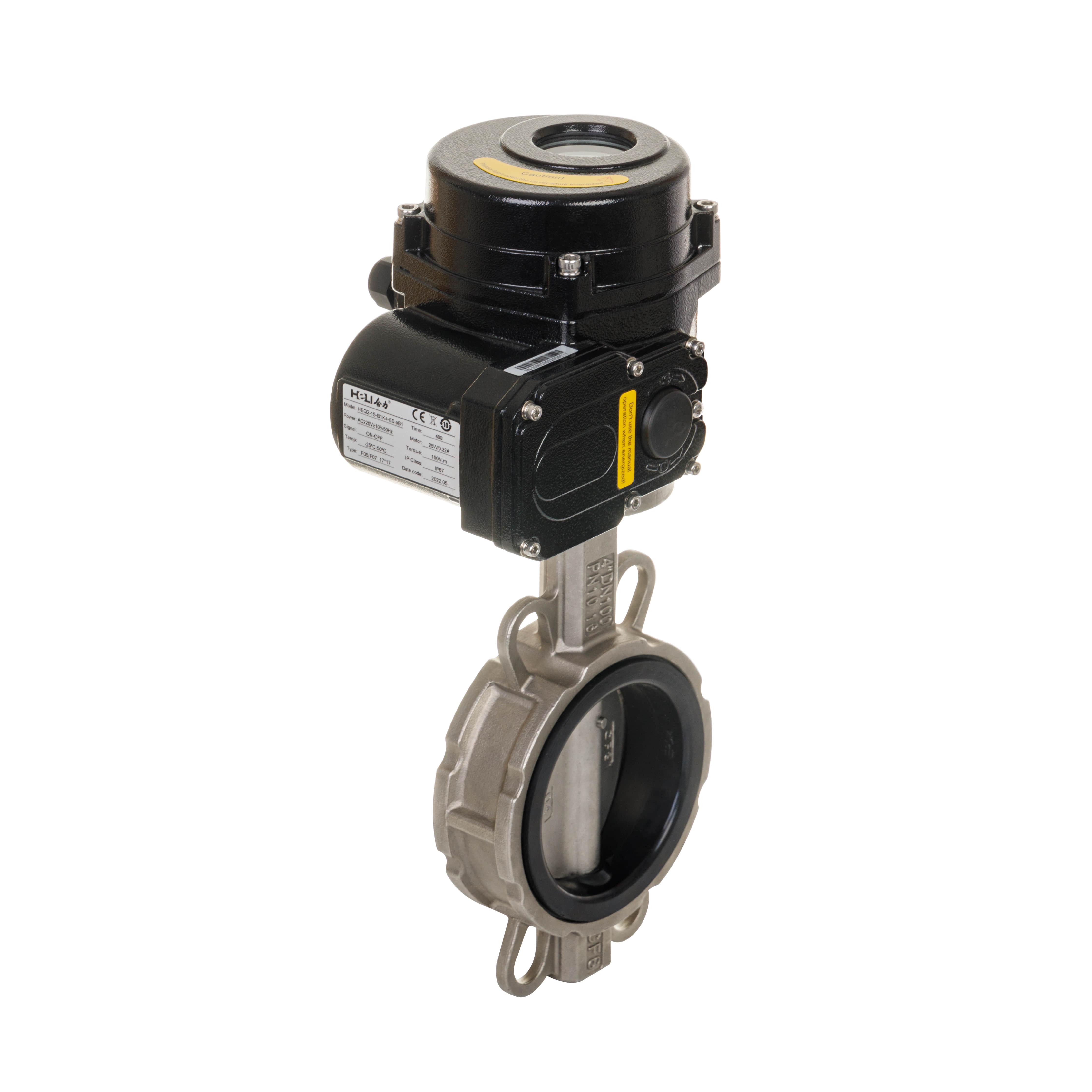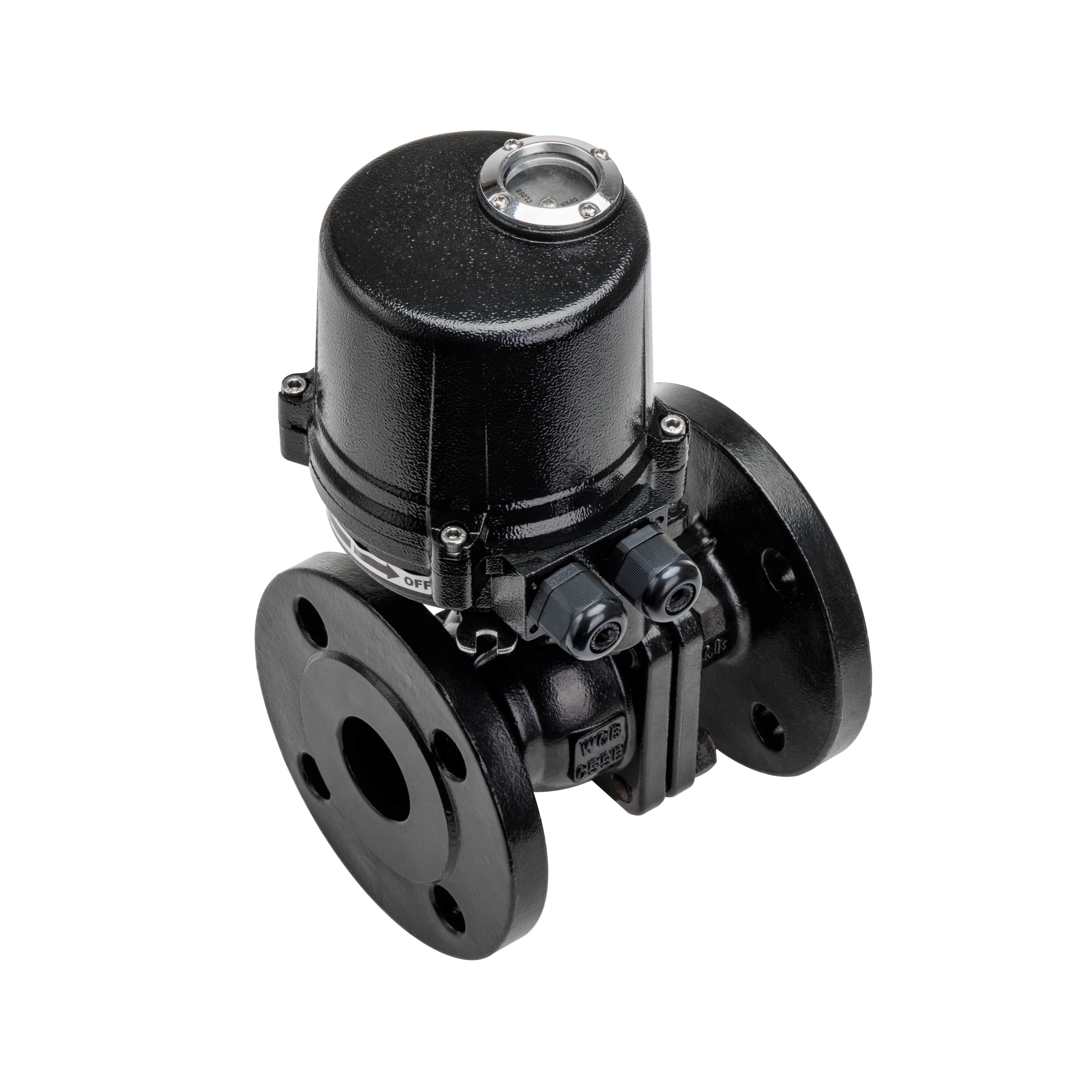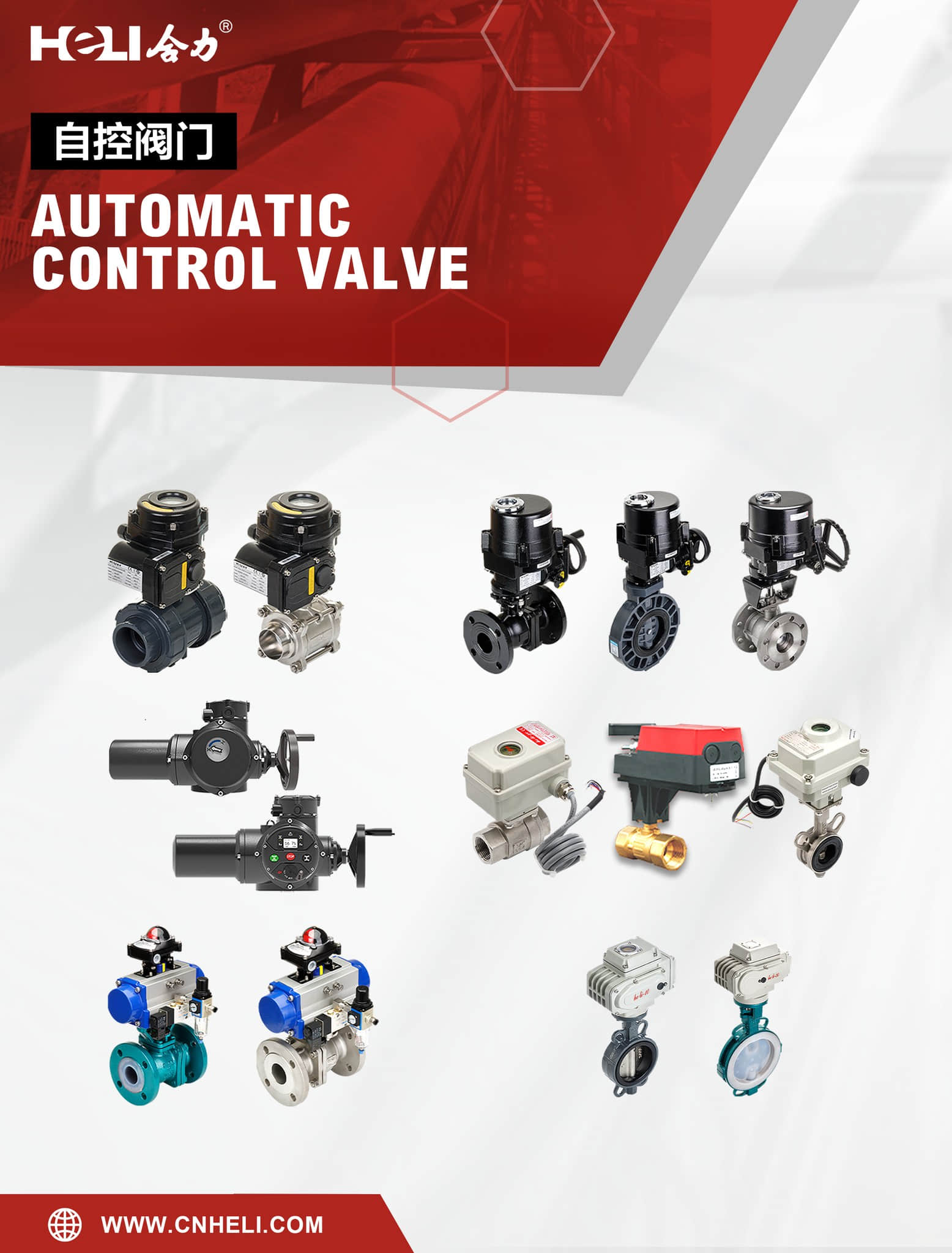
Electric valves play a pivotal role in the automation and control of fluid systems across various industries. As essential components, they offer precise regulation of fluid flow, ensuring efficiency and reliability in processes ranging from water treatment to chemical manufacturing. This article delves into the functionality, advantages, and applications of electric valves, highlighting their significance in contemporary engineering.

At its core, an electric valve operates using an electric actuator to control the valve's position. This actuator can be powered by various sources, including AC or DC electricity, allowing for quick and efficient opening and closing of the valve. Unlike manual valves, which require physical effort to operate, electric valves can be controlled remotely, making them ideal for applications where accessibility is a concern or where quick response times are essential.

